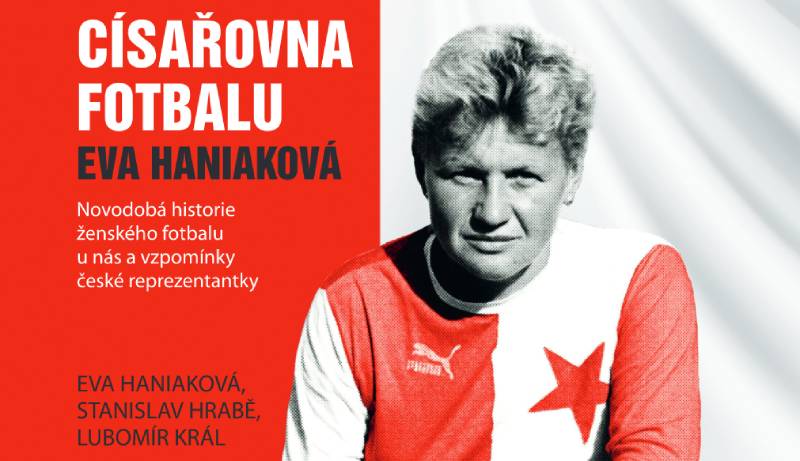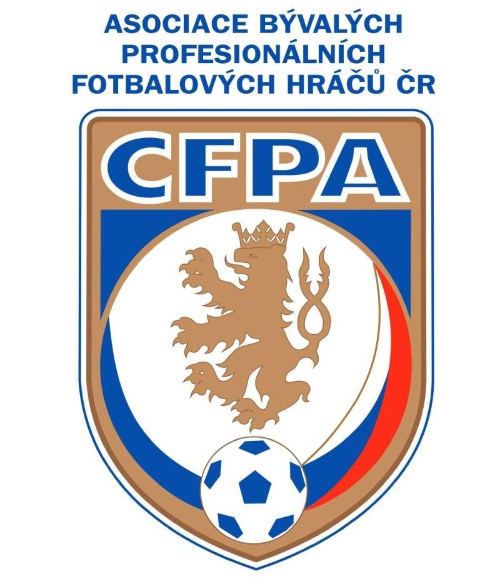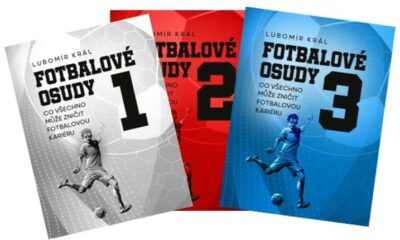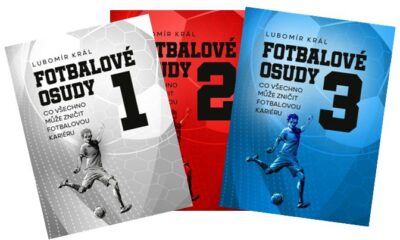Football
A window to the past: the Empress experienced the derby on both sides – on the field and on the bench

For over twenty years she reinforced the defence of Slavia Prague Exico, the best Czechoslovak women’s team in the second half of the last century. Now, for twenty years, she has been training her successors at Sparta Prague. Eva Hanikaová lived through the famous derby of two irreconcilable Prague rivals on both sides. On the pitch in red and white, on the bench in red.
The derby is a holiday, the biggest domestic football event. But in men’s football. Is it the same for women? Empress Eva Haniak confirms in her biography that it does. She was a stopper for Slavia, who dominated the Czechoslovak scene with a fierce and unrelenting dominance. But the derby was ringing.
Naturally, they are given considerable attention in the book.
“Against other teams, it was all about how many goals we scored against them,” declares Slavic striker Věra Dlouhá. ” But the games against Sparta were often about one accurate shot,” she points out of the tense duels.
Sparta, i.e. its women’s selection, was no match for its traditional rival in the late 1960s. ” But the rivalry was always there,” Haniaková points out. “In the pupils, the youth, and therefore also in our country,” she translates it into a second-gender environment.
“There were tough fights, but we weren’t enemies. After all, we used to meet in the national team,” she doesn’t transfer the animosity off the field.
And she also aroused the proper fan attention. Even in the women’s game.
Every derby attracts spectators, the fans crave them. “They often put us in the main stadium in Eden, on the grass, the same at Letná. There we also ran out in front of full stands,” recalls the Slavic captain. However, she doesn’t remember any shouts, insulting statements or even obscenities. “The spectators were polite to us,” she emphasises.
Not only at Sparta, in the old Eden, the wooden stand remembering the triumphs of the first republic was occupied by very demanding fans called frogs. “Judge out, judge out,” was their traditional chant.
At the slightest mistake or hesitation, the players of the A team were labelled villains. “They were very friendly to us, they waited for us and were happy to discuss everything. But it was probably because women’s football was more of an attraction than a subject of club strife,” he admits.
Which derby does she remember the most? “None jumps out at me,” he huntsvainly in his memory. “I guess it was also because we kept winning, conquering titles, Sparta was not much competition for us,” he believes.
The real rivalry was only realised when she moved to Sparta as a coach after twenty-one years in the Sešiovan jersey and a foreign engagement in Austria. “But as a player we clearly outplayed Sparta,” she repeats.
The reader will find these and other stories in the book Císařovna fotbalu Eva Haniaková, published by Epocha.














